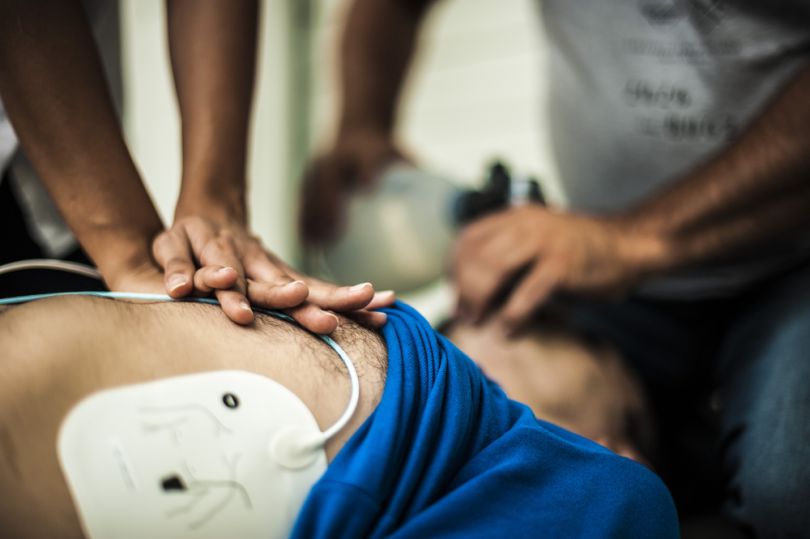
With the goal of saving more lives, emergency tech company RapidSOS and the American Health Association have announced a partnership to create a voluntary registry for citizens to securely share data with 911 and first responders. RapidSOS is among the many companies attempting to overhaul legacy infrastructure through forward-thinking healthcare technology applications.
“Heart disease and stroke are the 1st and 5th leading causes of death in the United States. If emergency medical responders had access to a patient’s medical information when arriving on-scene, this could dramatically change the way in which care is delivered and tailored to the person’s medical needs,” said Michael Kurz, MD, chair of the American Heart Association’s Systems of Care Subcommittee and associate professor at the University of Alabama School of Medicine in the Department of Emergency Medicine, in a statement.
By providing patient medical history, allergies, medications, medical devices and emergency contacts, directly to public safety personnel during a 9-1-1 call, RapidSOS increases the likelihood that 9-1-1 telecommunicators receive actionable data that can transform emergency outcomes. Every minute that passes without CPR and defibrillation during cardiac arrest decreases the chances of survival by 7-10%.
“Seconds save lives during emergencies and providing responders with medical information for a patient can make all the difference in the outcome of an incident.”
This joint solution is free to the public, who can submit their selected information through a secure database for the exclusive access of authorized 9-1-1 agencies. Any 9-1-1 center in the country with access to RapidSOS will be able to see the data.
“Seconds save lives during emergencies and providing responders with medical information for a patient can make all the difference in the outcome of an incident,” added Michael Martin, CEO of RapidSOS. “Legacy 9-1-1 infrastructure, however, does not connect first responders with the medical data they need to provide the best possible care. We are thrilled to work with the American Heart Association to make patient health data available to emergency medical professionals through modern emergency infrastructure.”



